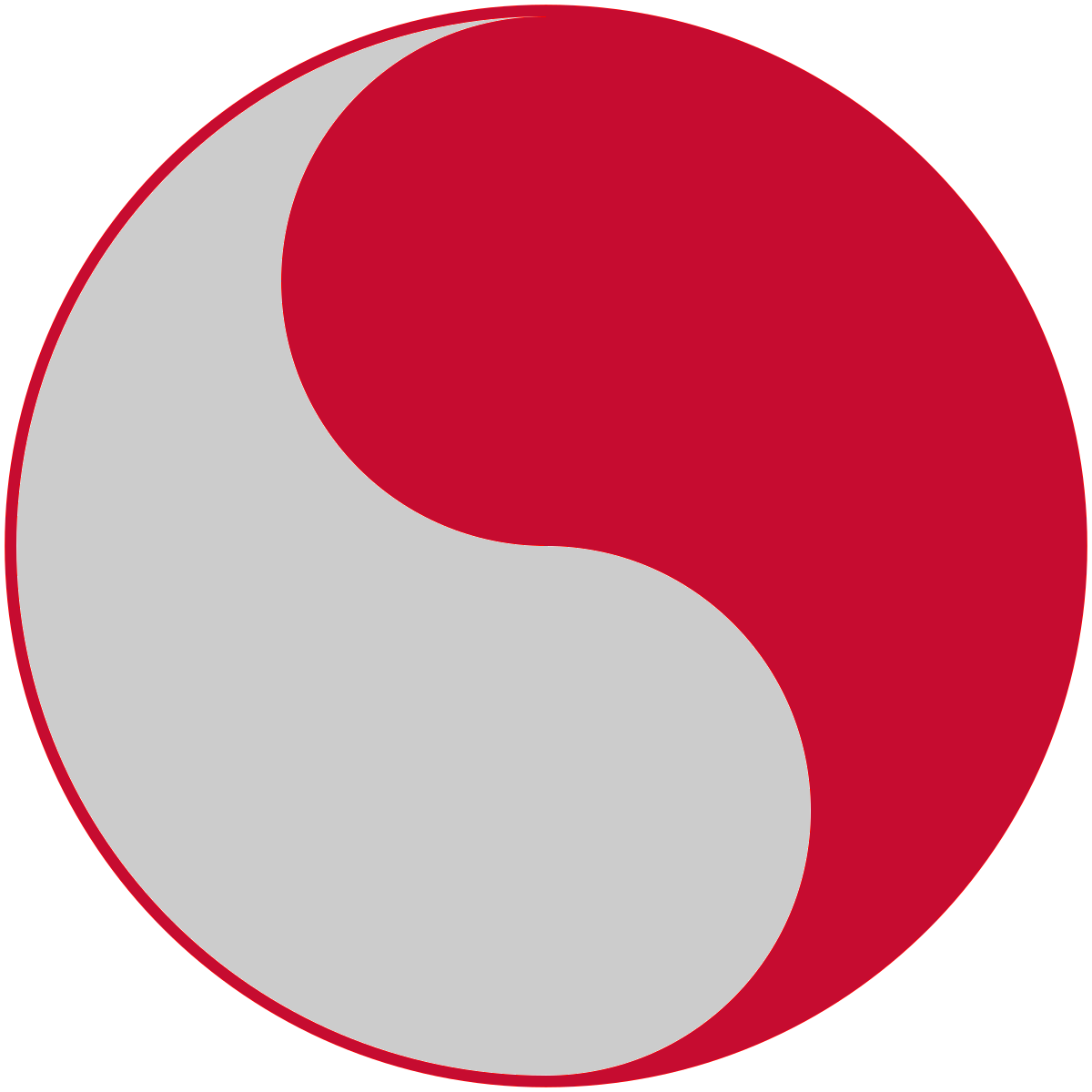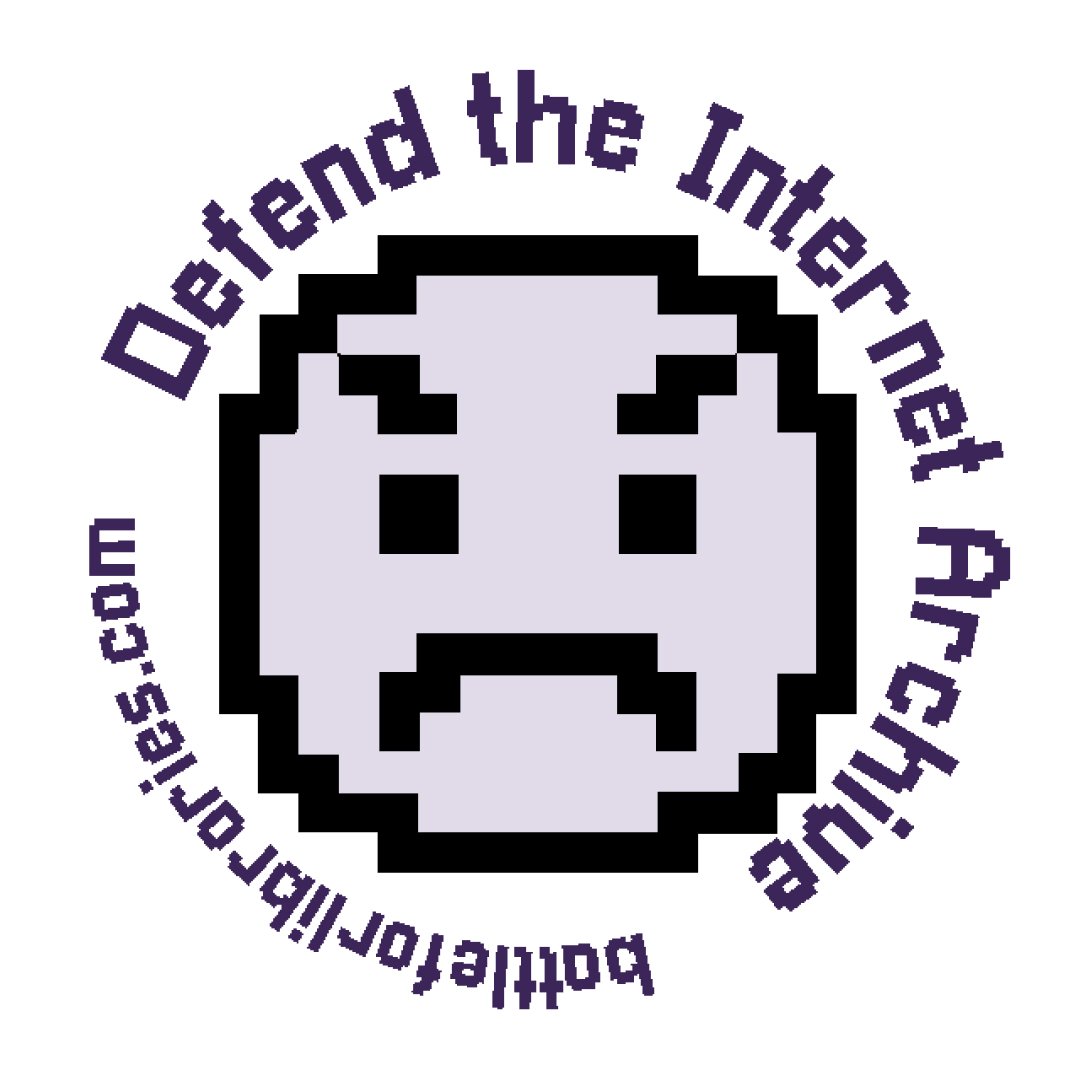If you research the countries of the world who are called dictatorships by foreign policy analysts, they are called such because they are ideological regimes where a state ideology determines the actions and policies put forth by a government. This creates a society we would consider undemocratic, but this puts more pressure on the state to perform well even if it is just to prevent dissent. It must be noted though that true tyranny can exist under systems legitimized in both ways. South Vietnam was a brutal dictatorship and a colonial puppet of the US regime, and they were put into power by the US and considered the democratic alternative for Vietnamese people. Look at India, where people unable to vote are treated like garbage by politicians, and where the caste system especially shows how brutal elections can be. It can be argued that in America or the western world everyone has an equal say, but there are various reasons this is not true including but not limited to money, influence, marginalization, lack of political knowledge, misinformation, organization of the system, lack of party representation or even a complete lack of political representation as we see with third parties in the US.
In societies where political systems gain legitimacy through elections as we see in America, Western Europe, or elsewhere we see wealthy businessmen hijacking politics to serve their interests a majority of the time, and this is because they can give a candidate resources to put them in charge and have them win elections. You also cannot get any straight answers from your elected representatives because they want to keep themselves as ambiguous as possible to gain the most votes since they gain their power from votes and not real success or ideas.
I am going to be bold and say that the American experiment of democracy especially has proven disastrous for humanity, with their government participating in some of the worst forms of open corruption and imperialism the world has ever seen. The influence of capital has created a system where politicians serve the interest of capital almost exclusively and where voting in every election does not grant the people any real control of what happens in the country politically.
Living my entire life under such a government, I see no value in democracy and would prefer to live in a society where technocracy is a state ideology, and where we are given policy explanations and political theory by the party. A strong single-party state with no elections may not be popular for the perception it gives about limiting personal participation in politics, but it has historically been shown to be the most resilient to outside influences such as corruption by the bourgeois class and it must react well to challenges that arise because another party cannot be scapegoated for the current situation in an attempt to get votes and stay in power.
I see all sorts of value in democracy, but none in Capitalism. Capitalism is honestly the problem.


